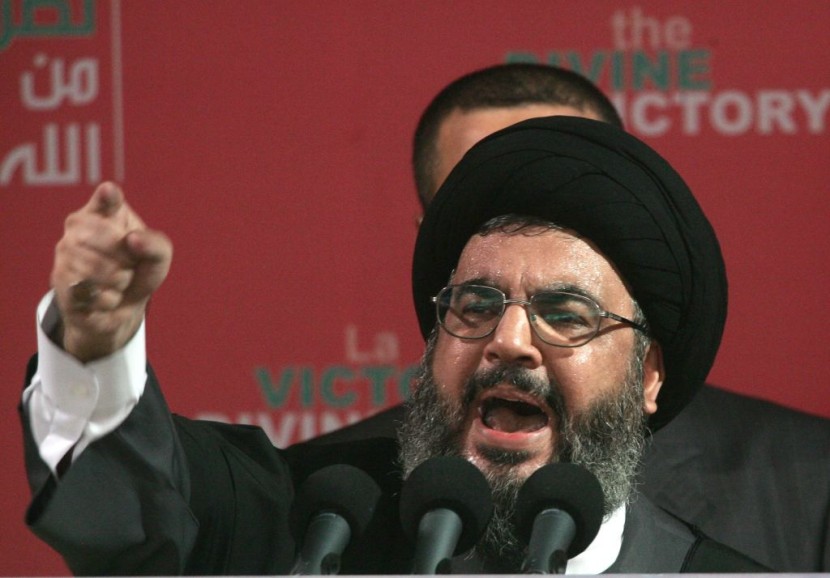Earlier Tuesday, an explosion shook a southern suburb of Damascus in a Hezbollah stronghold.

But neither the nature of the explosion nor the perpetrators were readily available, according to the Associated Press.
Since then, the media wing of Lebanon's Hezbollah militant group confirmed reports that senior Hamas official Saleh Arouri was killed in an explosion in a southern Beirut suburb. Arouri is reportedly one of the founders of Hamas' military wing and was in charge of their presence in the West Bank.
He was a target for elimination by Prime Minister Benjamin Netanyahu even before the October 7 assault on Southern Israel was carried out by Hamas. Lebanon's National News Agency said the blast that killed Arouri was responsible for the death of four individuals and was carried out via an Israel drone strike.
Lebanon's state-run National News Agency said the blast killed four people and was carried out by an Israeli drone. The attack follows months of concentrated small-arms fire between Israeli troops and members of Hezbollah along Lebanon's southern border. Hezbollah had reported that its fighters attacked several military posts that sit along the border with Israel prior to the drone strike.
What Is Hezbollah?
Hezbollah is a Shia Islamist political and militant organization founded in 1985 and is a key figure in the ongoing Iran-Israel proxy war. The last time that Hezbollah engaged Israel in sustained fighting was in 2006.
In October, Hezbollah deputy chief Naim Qasseem reportedly said that his group would not sit on the sidelines in the conflict between Israel and Hamas, going further to say that Hezbollah would be "fully ready" to fight.
"The behind-the-scenes calls with us by great powers, Arab countries, envoys of the United Nations, directly and indirectly telling us not to interfere will have no effect," he told supporters.
Today, an Israeli court rejected a proposed overhaul of the system introduced by Netanyahu's far-right government. The move prompted criticism from military and security forces. The proposed amendment to Israel's Basic Law, which passed in July, would limit the Supreme Court's ability to block decisions deemed "unreasonable" by officials.
The Supreme Court has ruled 8-7 that the amendment is unconstitutional and has ordered its removal.








